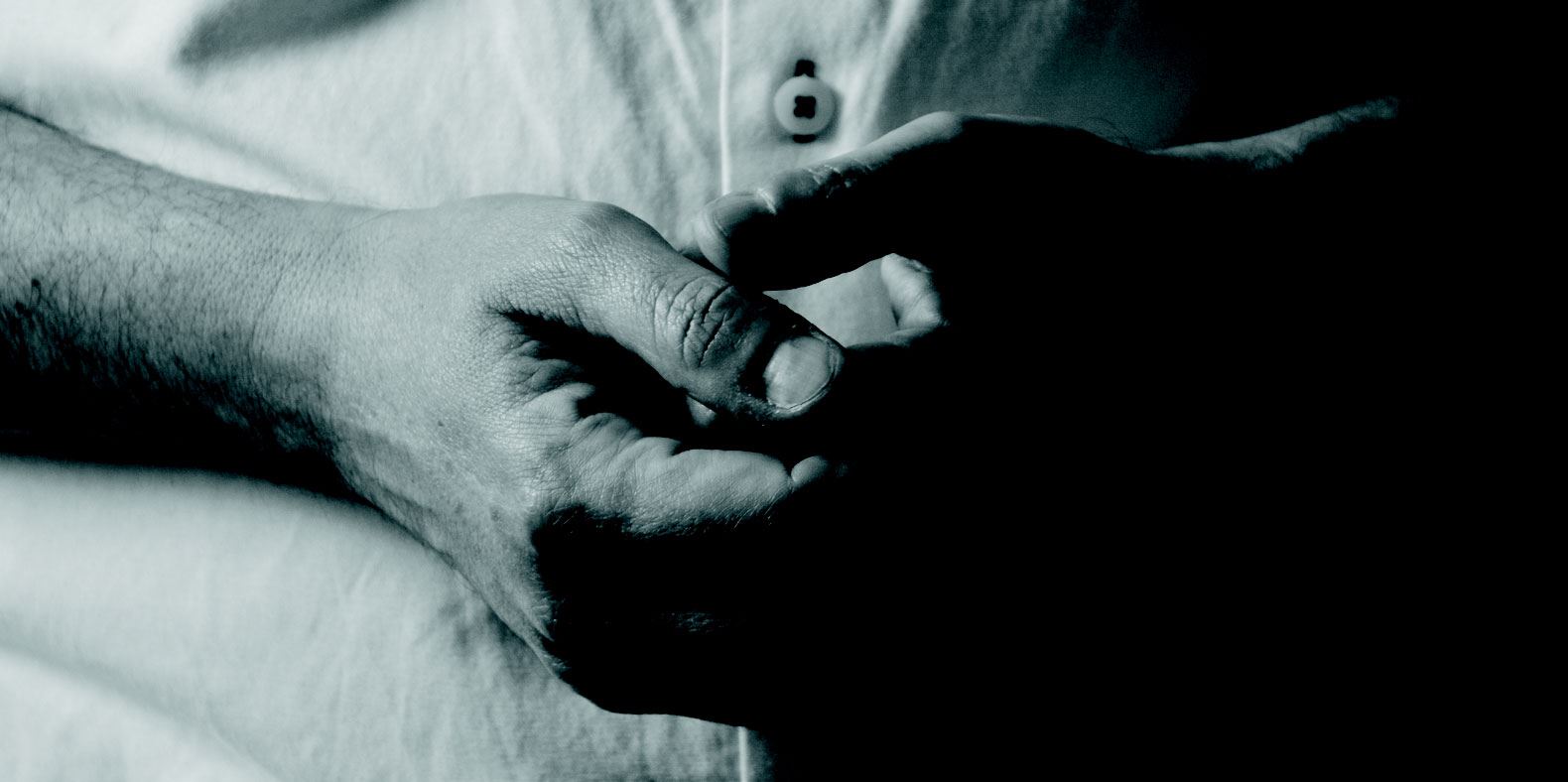Whose wound is it?
by Jim FitzGibbon 
Is that my trauma triggered? You’d think I should be over that by now. Oh no! My shame. And my fear of my shame. How can I be enough? I’m going to be found out here, a dud supervisor (thoughts familiar to younger Jim).
I have a choice here. Has this group already formed a ground of connectivity and is it a safe place in which I can be authentic? I encourage others, but do I have the courage to reach out to the group?
My supervisee had been telling me about the impact on him of a client’s anger. This was an adult client who, as a young child, suffered a ‘community trauma’. By this, I mean a traumatic event of extreme horror - witnessing the death of relatives in a fire - when the client was a young child. The client lived thereafter in a bubble, cared for by adults who were themselves severely traumatised. The horror was unspoken because it was beyond words and without support - it became unspeakable. No blame. No support in their experiential field. No nourishment emerging. The unexpected. Terror, a word for ‘I am living an experience for which there is no meaning and seemingly no support’, won the day.
How does a therapist give enough nourishing support? How should a supervisor respond? I could feel my shallow breathing, my silence and my stillness in my physicality. I know these as signs of embodied shame, and fear of my shame.
In my head I hear my Gestalt trainer say ‘trust what is.’
Was it my own past trauma triggered? Was it the shaky ground of the community, or the society in Covid-19 Level 5 restrictions riddled with uncertainty, fear and disheartening news? And was this the same shock and/or shame felt in the therapeutic relationship between the supervisee and this client in their experiential field?
I consider whether this could be the shame in the client’s experiential field? We allowed it into the group by delving into process, leaving each of us now open to the seeding of shame. But I wonder whether we have enough ground of connectivity in the group to contain it? I feel that sharing this affect enhances both the supervisory relationship and the therapeutic relationship. I know healing only happens in relationship when someone reaches out.
I’m glad I chose to tell the group about my shaking stomach. Unexpectedly, change happened. Joyce and Sills note in their discussion of the paradoxical theory of change that “instead of working to change himself, the client [or group, or person] needs to enter as fully as possible into all aspects of own experience, bringing it to full awareness” (2001: 37). This explanation brackets my own experience.
The shaking sensation left me, relief took its place. So, it wasn’t mine. I felt relief and an emerging experience of warmth from experiencing the trust in the group. I place a high value on the integrity of working with awareness in supervision group work.
Years ago, my then supervisor Hank O’Mahony (RIP) took my call. In listening to a client telling of a trauma similar to my own, my body shook. I couldn’t control it.
Hank said, ‘I want you to go outside and walk to the end of the car park and come back and ring me again’.
When I did that, he said: ‘Is it still there?’ ‘No’ I said. ‘Then it isn’t yours, it’s the client’s trauma that impacts you.’
It was enough like my own traumatic experience decades ago to give rise to my question then, ‘whose wound is it?’ in my article “PTSD - and the community in healing” (2016: 29). Hank said: ‘If it was your wound that was emerging in your shaking, it wouldn’t have gone away that easily.’
Bless you Hank. I am learning the value of being able to sense in my own body, through the presentation of the supervisee, the experiential field of the therapeutic relationship with clients, without panicking. My shaking is experiential insight into the lived experience of the client and what they must be going through in their lived environment.
In the supervisory relationship, change happens. The stuck feeling with the client becomes imbued with compassion, and healing becomes possible.
In brief, on the body process of shame: share what is. Allow some movement when aware of rigor or stillness. Allow the out breath to take the place of shallow breathing.
We are the change agents.

Jim FitzGibbon is a Gestalt psychotherapist and supervisor. He puts a high value on group work for personal development for professionals, and for group supervision with particular interest in laying ground for connectivity and the intentionality of contact. Contact Jim on (087) 755 5680 or jamesfitzgibbon57@gmail.com.
References
FitzGibbon, J. (2016). PTSD - And the Community in Healing. Inside Out 79, 5-19.
Joyce, P. & Sills, C. (2001). Skills in Gestalt Counselling and Psychotherapy. Sage Publications
IAHIP 2021 - INSIDE OUT 93 - Spring 2021

